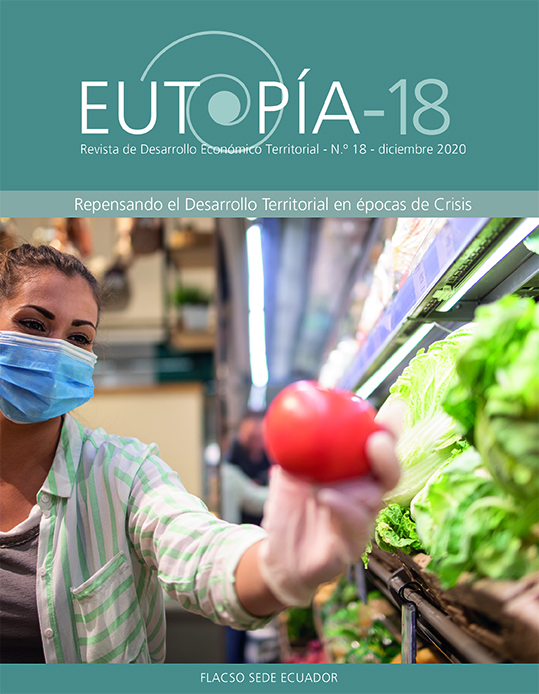Narratives of territorialization of public policies in Costa Rica and its effects on an indigenous community
Abstract
Public policies of territorialization in Costa Rica are often inclined to the emergence of new socio-spatial dynamics and constrains the importance of guarantying territorial actor participation in some ocations. The objective of this article is to overview the improvements and challenges regarding to public policies of territorialization in Costa Rica. The theoretical-methodological framework was based on literature review and non-in-depth review of public policies instruments on the topic. Empirical evidence is displayed to support the idea of the incorporation of the territorial aspects on Costa Rican public policies of territorialization. These evidences allowed to be identified in all the cases, issues to the relational element of socio-spatial dynamics and its influence on development processes, which is implied to a greater or lesser extent. Important issues persist in relation to the local actor participation and in deal with major challenges, such as the implementation of Agenda 2030 and the achievement of the Sustainable Development Goals. The experiences analyzed allowed to conclude that the implementation of an excessively normative approach can generate practices that are contrary to the effective territorialization of public policy instruments.
Downloads
Copyright (c) 2020 Luis Miguel Barboza Arias

This work is licensed under a Creative Commons Attribution-NoDerivatives 4.0 International License.

Eutopía, Revista de Desarrollo Económico Territorial, operates under Creative Commons Attribution-No Derivative Work 3.0 unported (CC BY-ND 3.0).
The authors who publish in Eutopía accept these terms:
You are free to share / copy and redistribute the material in any medium or format for any purpose, including commercial. Therefore, authors retain the copyright and cede to the journal the right of the first publication (CC by-ND 3.0), which allows third parties the redistribution, commercial or noncommercial, of what is published as long as the article circulates without changes.
The following conditions exist for the authors:
Recognition - you must recognize the authorship, provide a link to the license and indicate whether changes have been made. You can do this in any way reasonable, but not in a way that suggest that has the support of the licensor or receives it by the use he makes.
Without Derivative Work – If you remixed, transform or create a work from the original material, you cannot broadcast the modified material.
For more details, visit the page of Creative Commons (CC).


























